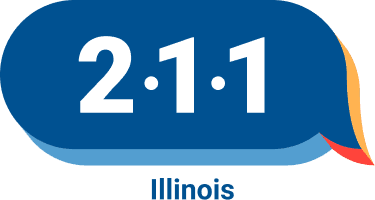Offers to connect homeless or near-homeless Veterans and non-Veterans to community living by providing access to human service agencies, including benefits counseling (Social Security and Veterans), employment and training assistance, health care screenings, housing services, legal assistance, Also provided will be hair cuts, hygiene products, clothing and food will be available.
Offers to connect homeless or near-homeless Veterans and non-Veterans to community living by providing access to human service agencies, including benefits counseling (Social Security and Veterans), employment and training assistance, health care screenings, housing services, legal assistance, Also provided will be hair cuts, hygiene products, clothing and food will be available.
Services
Event connects homeless or near-homeless Veterans (this also includes non-military individuals that need assistance) to resources to help them transition to community living by providing access to human service agencies, including benefits counseling (Social Security and Veterans), employment and training assistance, eye exams, health care screenings, housing services, legal assistance, behavioral health treatment, substance abuse counseling, new and used clothing and school supplies if needed. In addition, haircuts will also be available to interested participants and meals will be provided.
DATES: Friday, September 13, 2024, 5 pm-8 pm, Saturday, September 14, 2024, 8 am-8 pm and Sunday, September 15, 2024, 8 am-12 pm.
LOCATION: The old Des Moines General Hospital on the corner of Des Moines Street and E. 12th, NE of the Capitol Building.
RIDES: If you need help with transportation, or have general inquiries, call 515-783-9741.
Event connects homeless or near-homeless Veterans (this also includes non-military individuals that need assistance) to resources to help them transition to community living by providing access to human service agencies, including benefits counseling (Social Security and Veterans), employment and training assistance, eye exams, health care screenings, housing services, legal assistance, behavioral health treatment, substance abuse counseling, new and used clothing and school supplies if needed. In addition, haircuts will also be available to interested participants and meals will be provided.
DATES: Friday, September 13, 2024, 5 pm-8 pm, Saturday, September 14, 2024, 8 am-8 pm and Sunday, September 15, 2024, 8 am-12 pm.
LOCATION: The old Des Moines General Hospital on the corner of Des Moines Street and E. 12th, NE of the Capitol Building.
RIDES: If you need help with transportation, or have general inquiries, call 515-783-9741.
Services
Services
Services
Services
Services
Services
